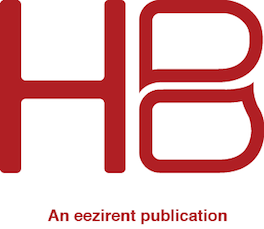
25 Jun Periodic versus fixed term leases
A residential lease will be classified either as a ‘fixed term’ or a ‘periodic’. The former states a specific start and end date. The latter has only a start date and no expiry state is stated.
The advantages of a fixed term lease
Both parties will have a greater degree of security knowing that the tenancy arrangement is in place for a given period. Certainly, tenants can break the lease and leave early. However that is not as straight forward as it seems, and there are obligations and potential penalties that can be enforced.
Interestingly, there is a growing lobby movement across the country from tenants’ groups urging governments to take steps to encourage/force landlords to offer longer term fixed leases. These groups want multi-year leases to be more common place and they also want the removal of the ‘without grounds’ termination option. This suggests that even the tenants’ unions favour fixed term leasing.
Rent increases are often easier to manage with a fixed term arrangement. The fact that this document has an end date and so requires renewal acts as a prompt for the landlord to review the rent. Periodic leasing can simply roll on and on. As time slips away, opportunities for rent increases may be missed. You can certainly increase the rent in a periodic arrangement – you just have to remember to do so. If you do sign a tenant for a multi-year fixed lease, you can include a schedule of rent increases provided you abide by the allowable timetable for such increases.
Another advantage of using a fixed term lease is the impact on potential resale of the property. Should you choose to sell your investment, it may be more attractive to another investor if a tenant is in place. This is particularly the case if you are selling an apartment or townhouse.
The disadvantages of a fixed term lease
You may be lumped with a difficult tenant. Persistent arrears, poor maintenance of the property or constant demands may turn your fixed term security into a persistent headache. The thing to do in this situation is to assert your rights as the owner by being diligent with arrears management, routine inspections and breaching the tenant when when necessary. Recurring breaches can be grounds for early termination.
Advantages of a periodic lease
There is a degree of flexibility that can be handy. For example, let’s say you may be planning to redevelop your investment and are waiting for things such as development approvals and funding. Having a tenant not locked in for months and months can be a way to maintain a return on the investment while the development planning continues.
It is important to remember that if a fixed term lease is not renewed it will automatically be reclassified as a periodic lease the day after the expiry date. Verbal lease agreements are classed as periodic, not fixed term.
Most rental markets in Australia at the moment favour the tenants. There are more properties available to rent than tenants who want to fill them. If your investment is in such a location, then a fixed term tenancy is essential.
Revisit these related Honest Broker posts:
Without grounds lease terminations
Lessons from commercial leasing



Sorry, the comment form is closed at this time.